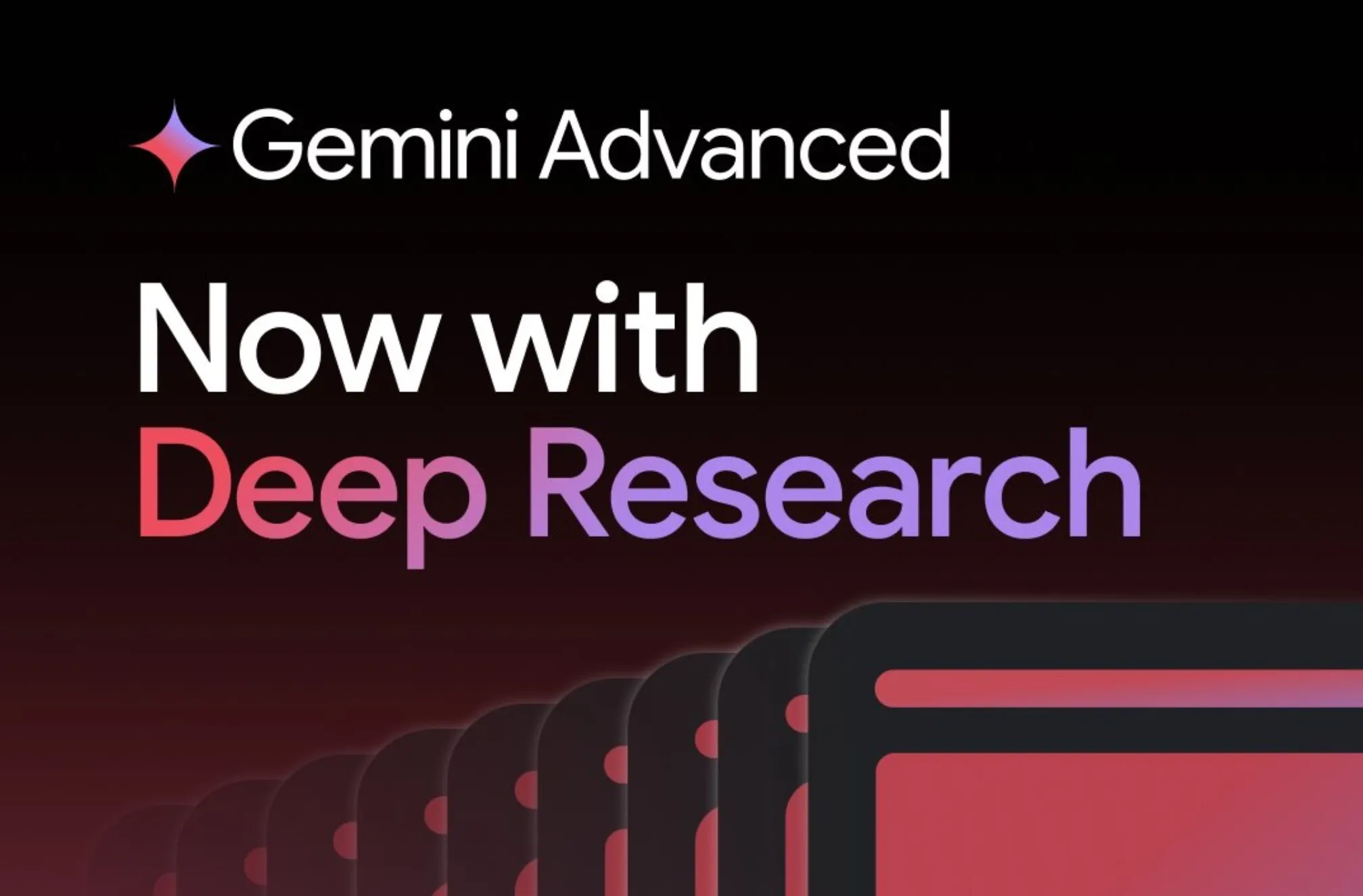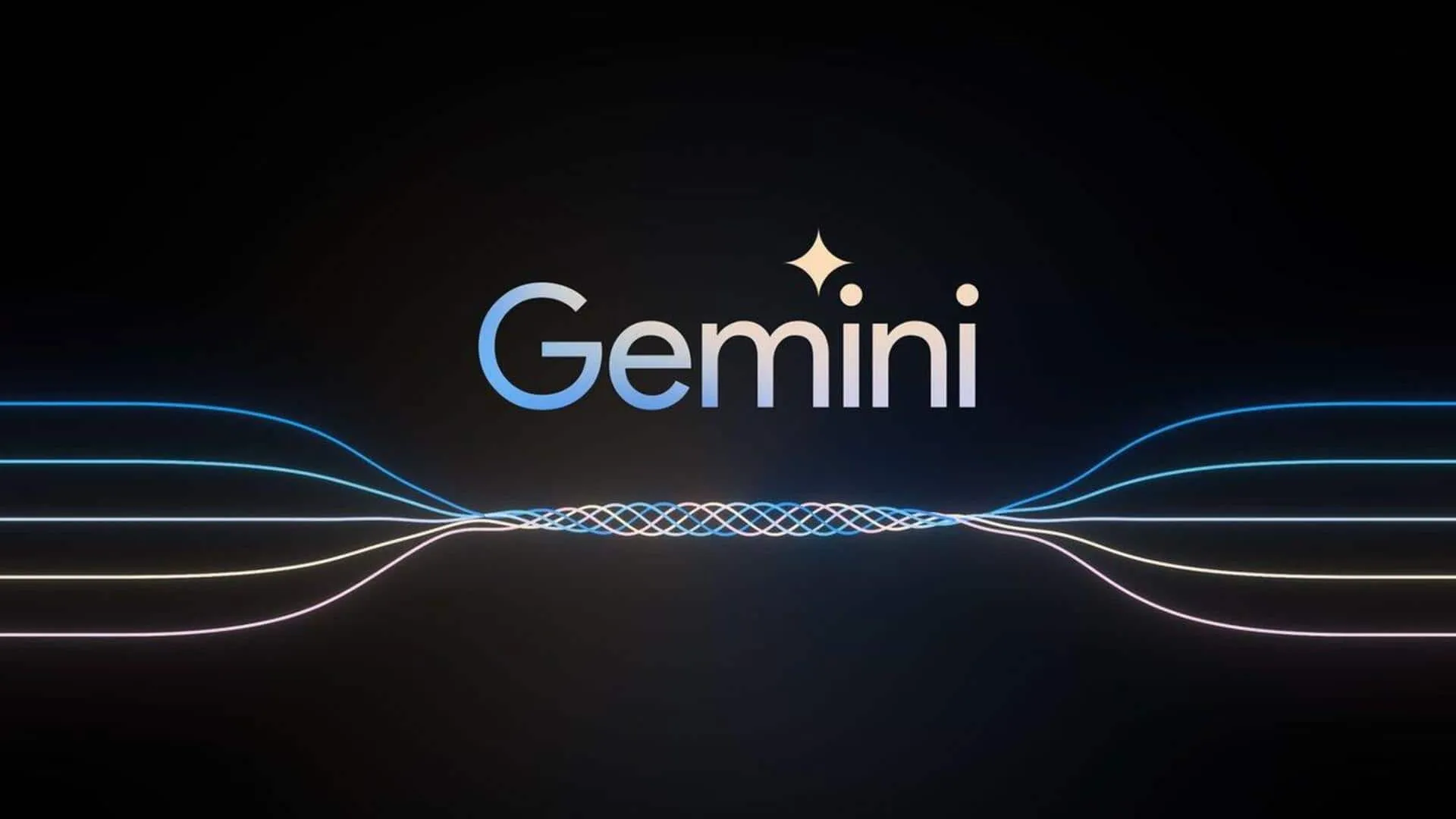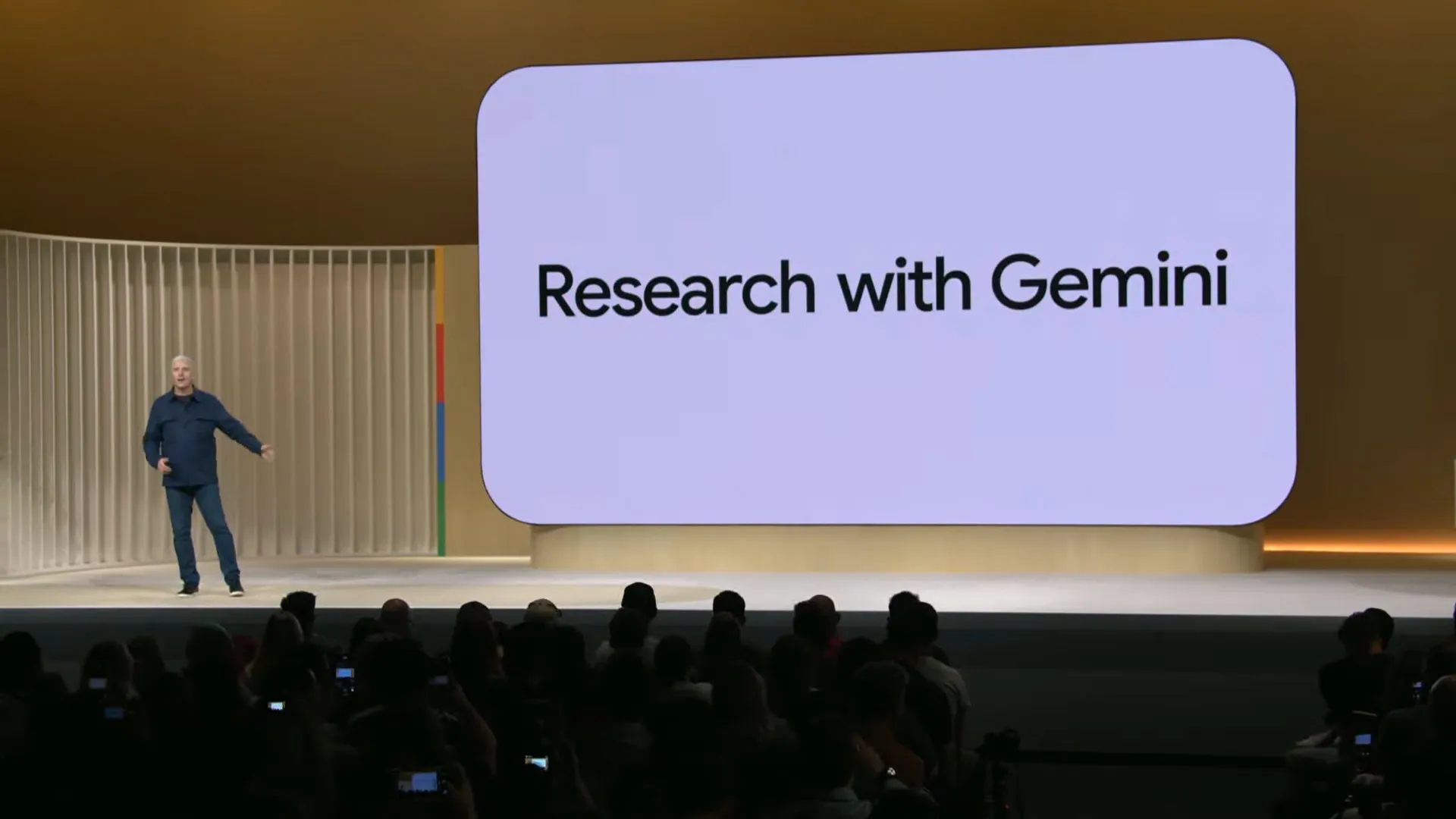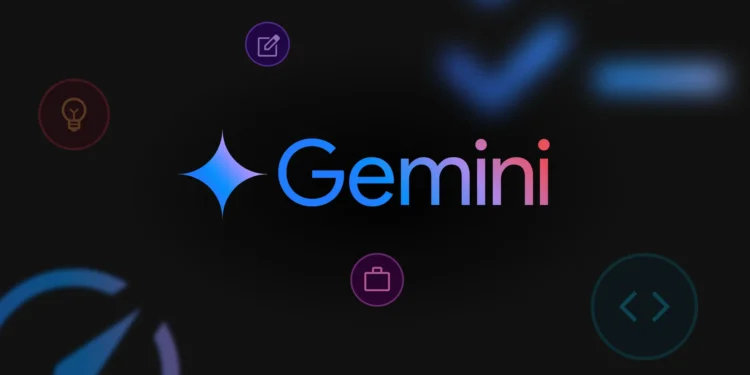Google’s recent unveiling of Gemini 2.0, equipped with the innovative Deep Research feature, marks a significant advancement in how we approach online research. Deep Research, a premium add-on for the Gemini Advanced subscription, promises to condense hours of research into mere minutes, presenting a bold new world for avid researchers and casual inquirers alike. Yet, like any pioneering technology, it arrives with its share of growing pains.

Getting Started with Deep Research
Deep Research is not yet accessible to all; it requires a $20 monthly subscription to Gemini Advanced. Currently limited to web applications, Google plans to extend this feature to mobile platforms soon, broadening its accessibility. The process begins simply: users select the “1.5 Pro with Deep Research” from a drop-down menu, enter a research prompt, and Gemini quickly drafts a research plan. Users can adjust this outline before the system finalizes the content, which is then viewable in Google Docs or saved for later review.

First Impressions and Real-World Application
My initial test involved analyzing the stock market’s performance from the previous day. Although Gemini provided a rapid overview complete with tables and sourced data, the depth and accuracy of the information were less impressive. Key details were missing or incorrect, such as the omission of top S&P 500 companies by market capitalization, and some data were simply unavailable. Moreover, the focus on year-to-date figures rather than daily changes is misaligned with my specified needs.
Expanding the Test Scope: From Market Trends to AI and Interior Design
Encouraged by the potential of Deep Research, I expanded my inquiries to cover interior design trends and AI chatbots. These topics, simpler than the intricate details of stock market data, yielded better results. The reports were straightforward and error-free, though they lacked the richness of detail that might be expected from a specialized research tool. Notably, when images were requested to enhance the design content, Gemini admitted its inability to fulfil this aspect of the task.

The Verdict on Deep Research
While Gemini’s Deep Research tool offers undeniable speed and convenience, its efficacy is inconsistent. For complex and specific inquiries like daily stock market analysis, the tool struggled both with accuracy and with delivering relevant data as per the user’s request. Conversely, for broader topics like AI chatbots or basic design principles, Deep Research has performed adequately, providing general overviews without significant errors.

Looking Ahead: The Future of Deep Research
The promise of Deep Research lies in its potential. As Google continues to refine this tool, there is hope that it will become more reliable and versatile. For now, users must be judicious, leveraging Deep Research for more straightforward topics while approaching more complex subjects with caution.

Deep Research represents a step forward in the evolution of digital research tools. It encapsulates the ambition to streamline the exhaustive process of sifting through vast amounts of information online. However, its current limitations underscore the challenges of automating in-depth research. As we look to the future, the potential improvements in AI capabilities hold the promise of making Deep Research an indispensable tool for a wide array of users, from students and academics to professionals and casual learners alike.










